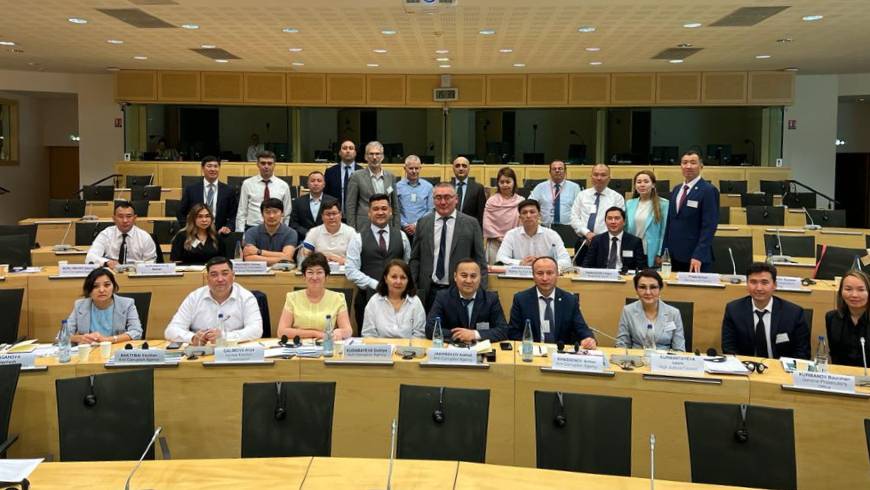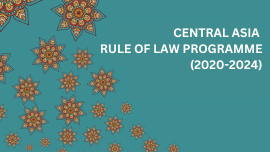The Council of Europe organised on 20 June 2023 in Strasbourg a workshop with competent authorities of Kazakhstan. It aimed at introducing to the authorities of Kazakhstan the Council of Europe´s Methodology for conducting National Corruption Risk Assessment (NCRA).
The event gathered over 25 public officials from various institutions of Kazakhstan, including the Anti-corruption Agency, the General Prosecutor´s Office, the Office of the Presidency, the Supreme Court, the High Judicial Council, the Ministry of Finance, the Central Election Commission, the Ministry of National Economy, the Ministry of Finance.
The NCRA Methodology was presented as a self-management tool for the national competent authorities to identify national sectors where corruption risks are most prominent. The Methodology is based on risk mapping, which allows to identify and assess sectors, activities and functions with higher risk of corruption in each country. The identification of those risks and the risk factors can be instrumental in developing anti- corruption measures allocating anti-corruption mitigation resources more effectively or performing further in-depth corruption risk assessment with a focus on those priority areas.
The tools and procedures to be used in mapping corruption risks were also presented, including the complementarity of the quantitative and qualitative data that those sources provide.
This activity was organised by the Action “Promoting Transparency and Action against Economic Crime” of the Central Asia Rule of Law Programme 2020-2023, a joint initiative co-funded by the European Union and the Council of Europe and implemented by the Council of Europe.


